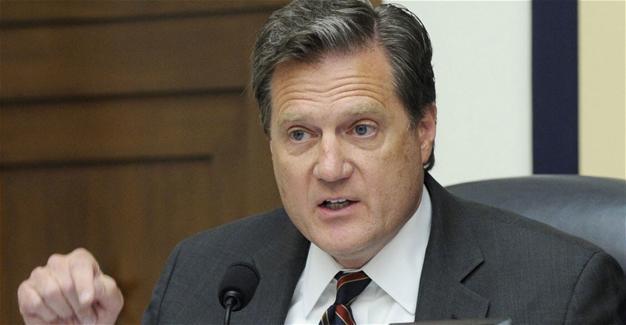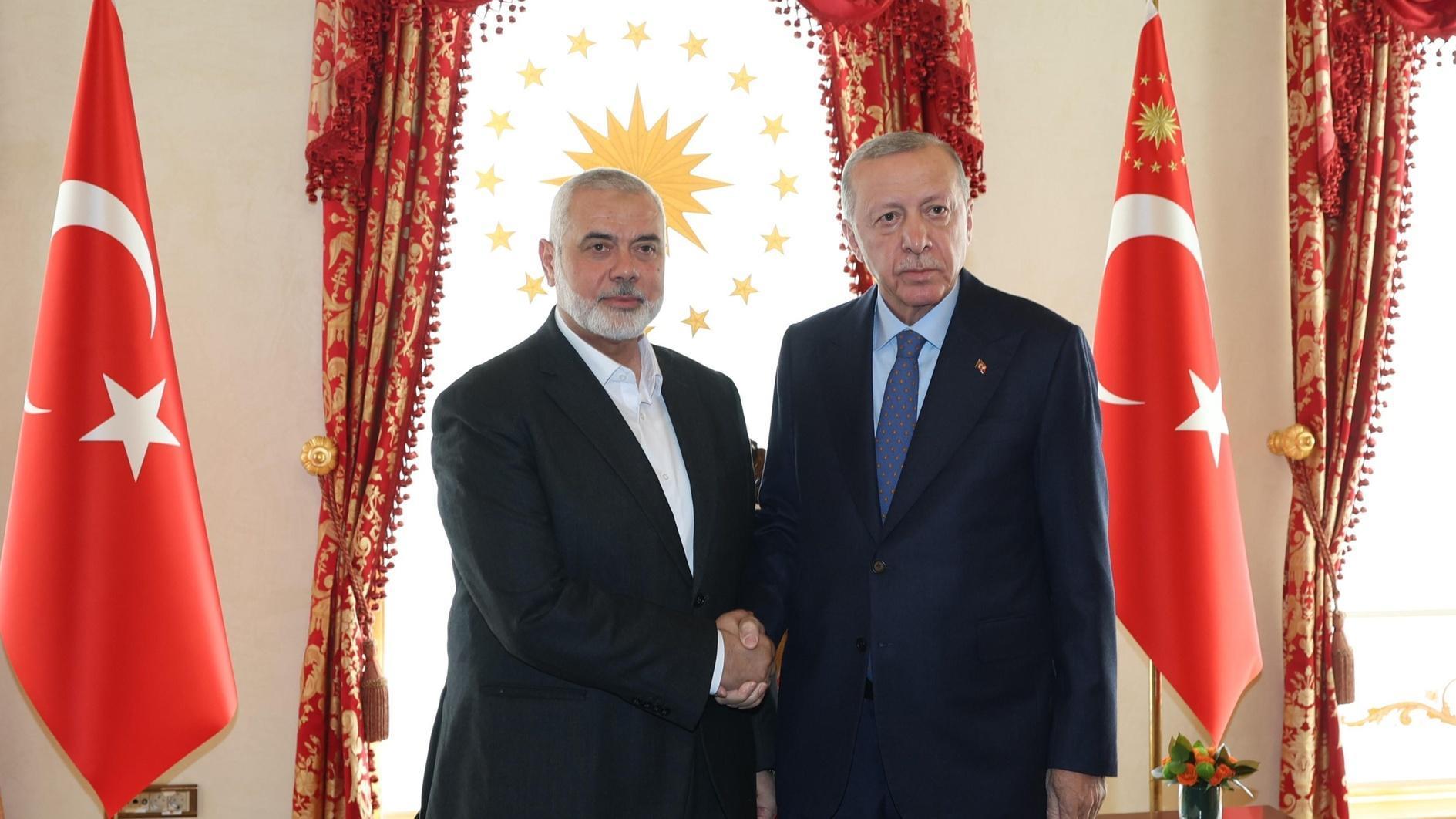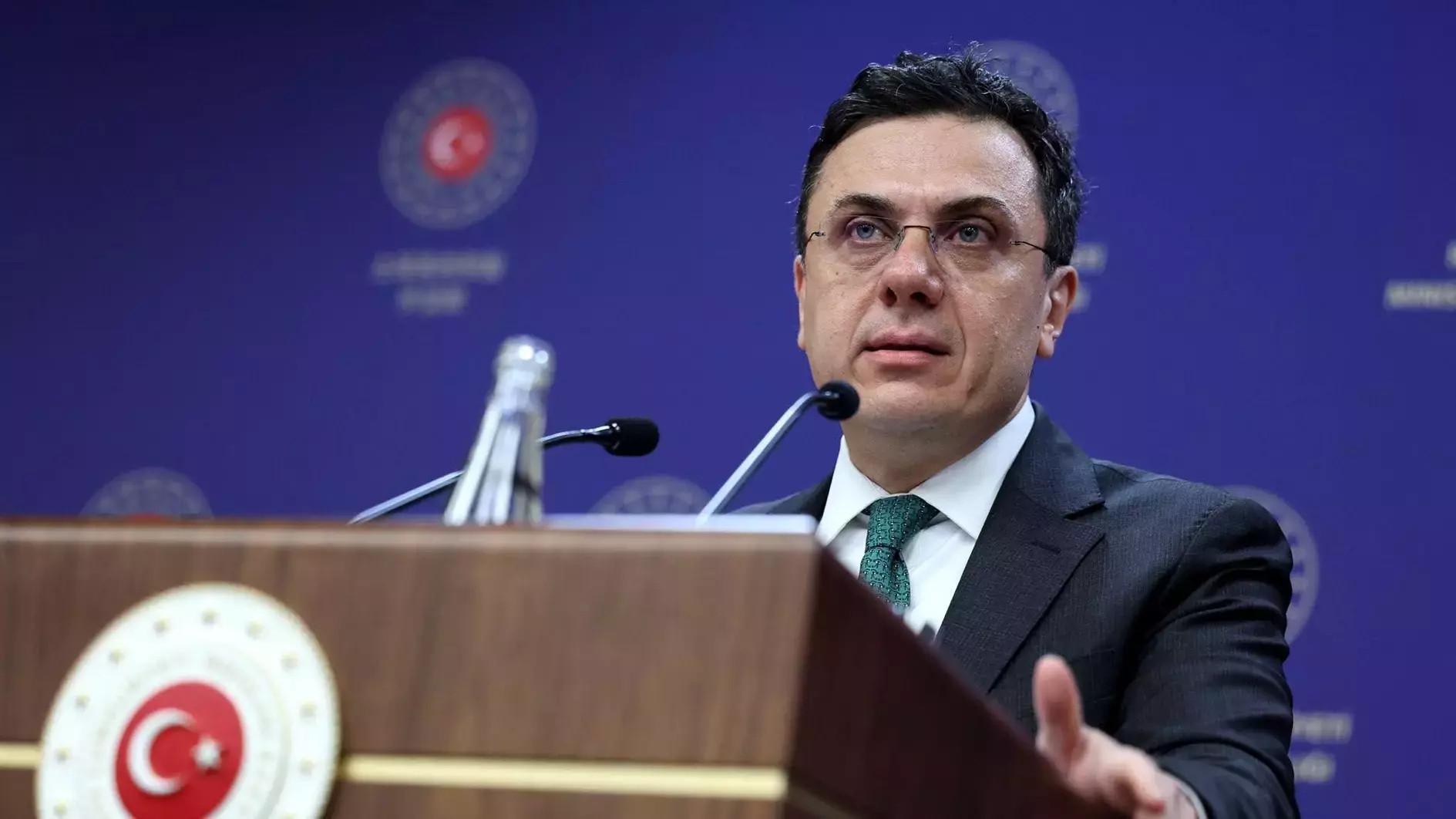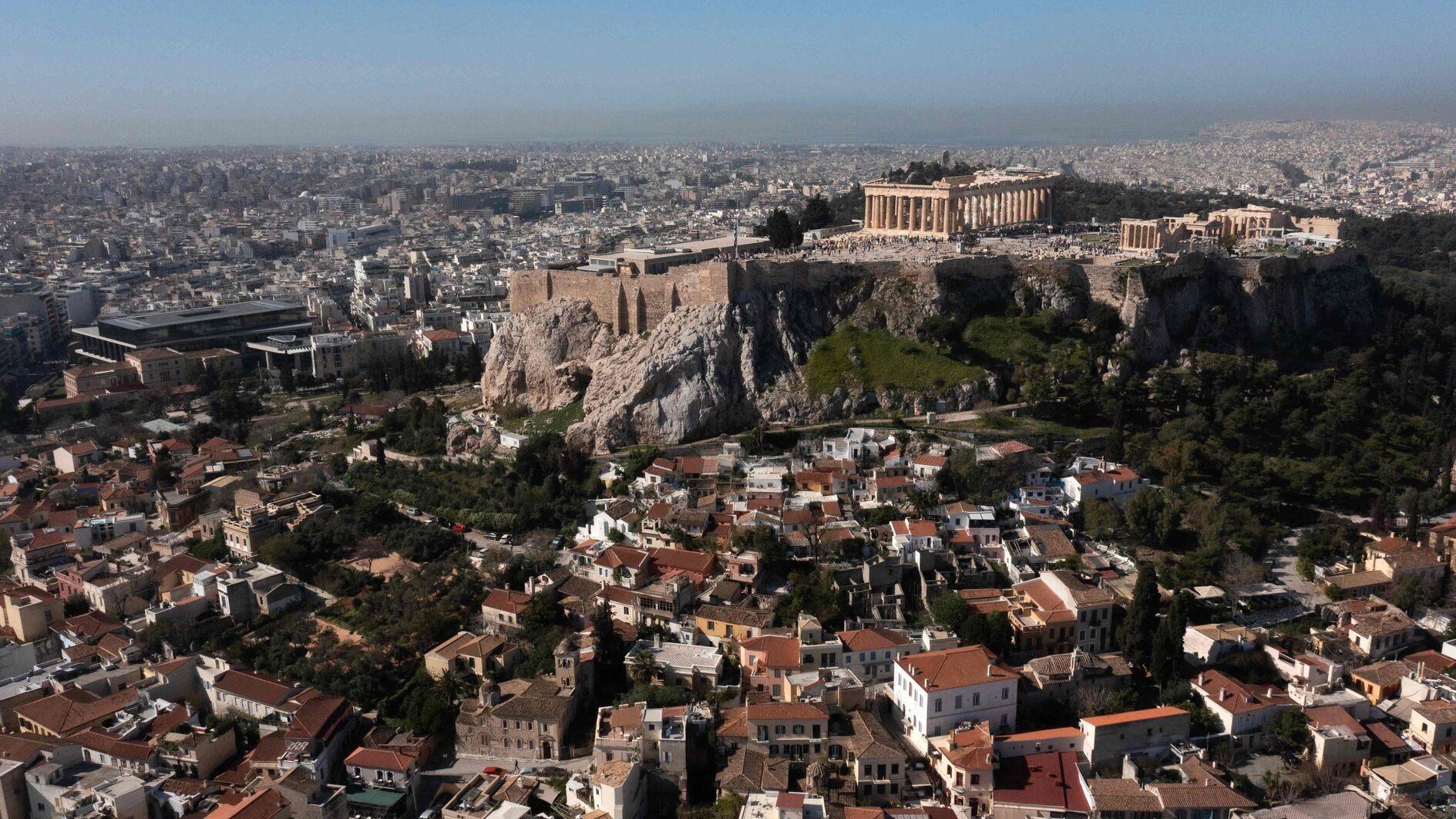Terrorism, deterrence to top NATO meeting agenda in Istanbul
ISTANBUL
 Terrorism, deterrence and the future of transatlantic relations will top the agenda of the NATO Parliamentary Assembly talks in Turkey next week, the North Atlantic Alliance said in a statement on Nov. 17.
Terrorism, deterrence and the future of transatlantic relations will top the agenda of the NATO Parliamentary Assembly talks in Turkey next week, the North Atlantic Alliance said in a statement on Nov. 17.“Parliamentarians from NATO nations gather this week to take stock of the Alliance’s preparations for increasing its military footprint in the Baltic states and Poland in response to Russia’s threats, and for developing ways to defeat terrorism at home and in the Middle East,” read the statement issued on Nov. 17.
NATO Secretary General Jens Stoltenberg, Turkish President Recep Tayyip Erdoğan and senior government ministers are set to join the legislators over four days in Istanbul for the NATO Parliamentary Assembly’s 62nd annual session.
In a series of resolutions, the Assembly’s members are set to call for NATO to stand united in defense of Allies on the border with Russia, as its continued belligerence causes concern, the statement read.
“Lawmakers will reaffirm their support for Georgia and Ukraine, and remind Allies of their pledge to step up military spending.”
This meeting will be the last time for U.S. Congressman Michael R. Turner to preside over the NATO PA talks as his two-year term as president draws to a close and a vote will be held during the Nov. 21 plenary session to appoint his successor.
“Strong deterrence underwrites the truth of our Article 5 pledge to safeguard the sovereignty and territorial integrity of every single NATO Ally. This requires us all to invest in our individual and joint resources – a burden to be shared by all,” Turner said ahead of the session.
With the Islamic State of Iraq and the Levant (ISIL) under pressure in Iraq and Syria with the ongoing operations, the parliamentarians are set to call for broader intelligence sharing and a toughening of border controls amid concerns that foreign fighters from the region are more likely to return to Europe as the group is squeezed in the Middle East.
NATO’s efforts to help Allies hardest-hit by the refugee wave will also be on the table, the statement said.
“To help stem the flow and reassure regional partners, lawmakers will call for more diplomatic pressure on Syrian President Bashar al-Assad and his backers in Russia and Iran,” it said.
















